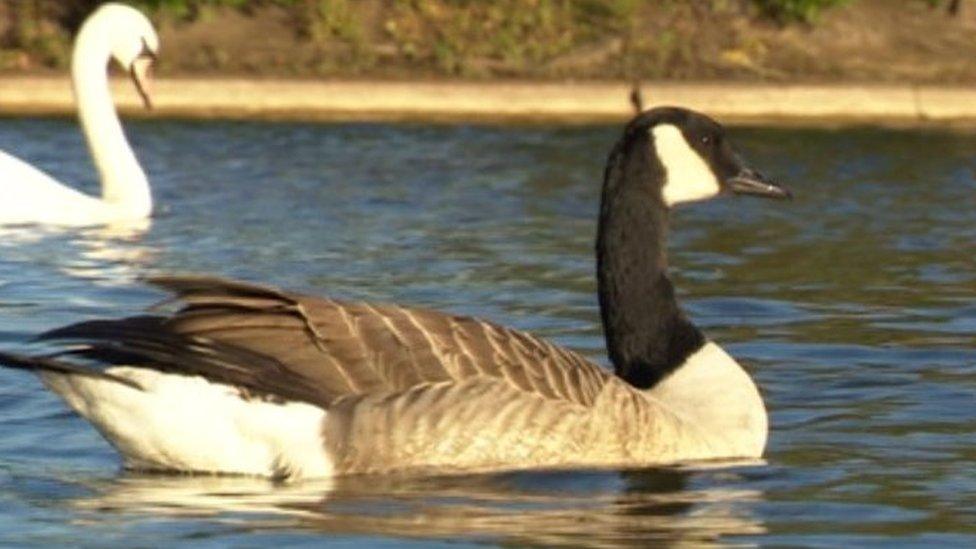Dead bird of prey on Isle of Man confirms bird flu spread on land
- Published
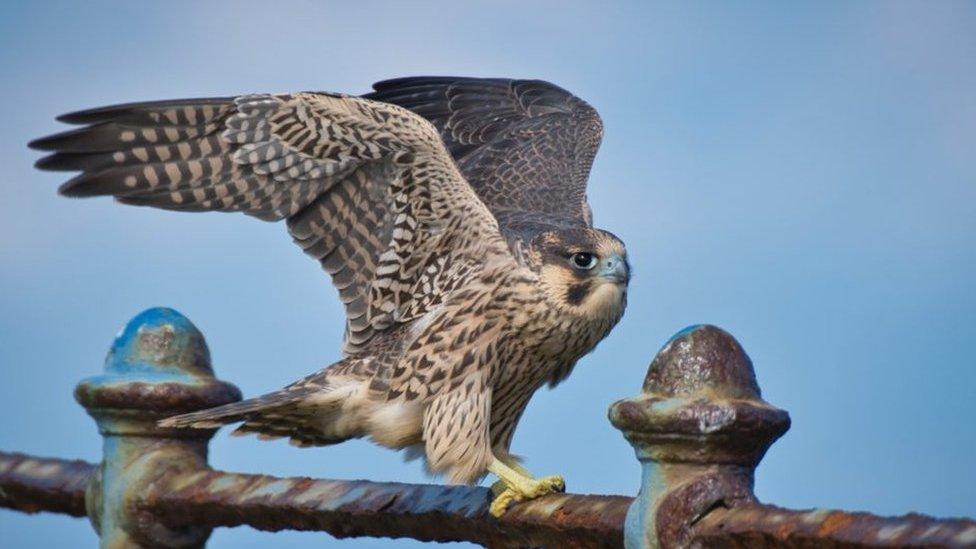
The peregrine falcon was the first non-seabird to be confirmed to have the virus
The discovery of a dead peregrine falcon on the Isle of Man shows avian flu is spreading beyond seabird populations, the government has said.
Samples taken have confirmed the bird of prey had the contagious H5N1 strain of the virus.
While about 200 dead seabirds were found on the Manx coast last month, it is the first terrestrial wild bird known to have been affected.
The bird of prey was discovered in Peel earlier this week.
A government spokesman said no new restriction zones would be brought in as a result of the finds, as the virus had only been found in wild birds, and there were currently no cases in farmed or domestic birds.
However, people have been advised to keep their dogs away from sick or dead birds and avoid touching them.
Environment, Food and Agriculture Minister Clare Barber said it meant the virus was "not just in the seabird population".
Urging people to take steps to help reduce the spread of the virus, she said the "risk to our wild colonies remains".
The latest case follows the introduction of restrictions on the Calf of Man, including disinfectant mats and the suspension of bird ringing at the nature reserve off the island's southern tip.

Why not follow BBC Isle of Man on Facebook, external and Twitter, external? You can also send story ideas to IsleofMan@bbc.co.uk, external
Related topics
- Published28 July 2022
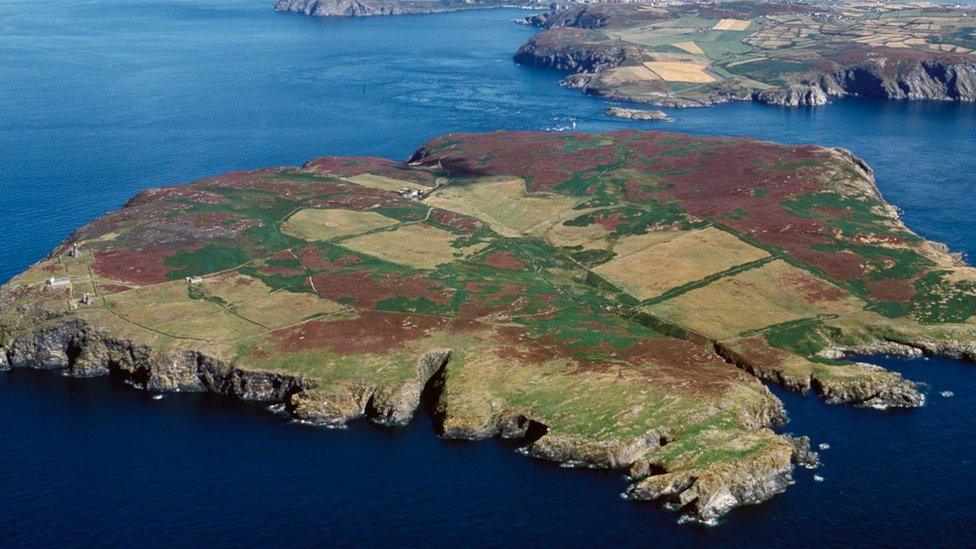
- Published22 July 2022
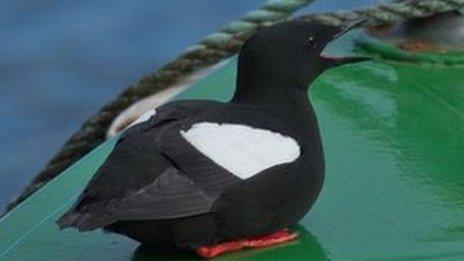
- Published21 February 2022
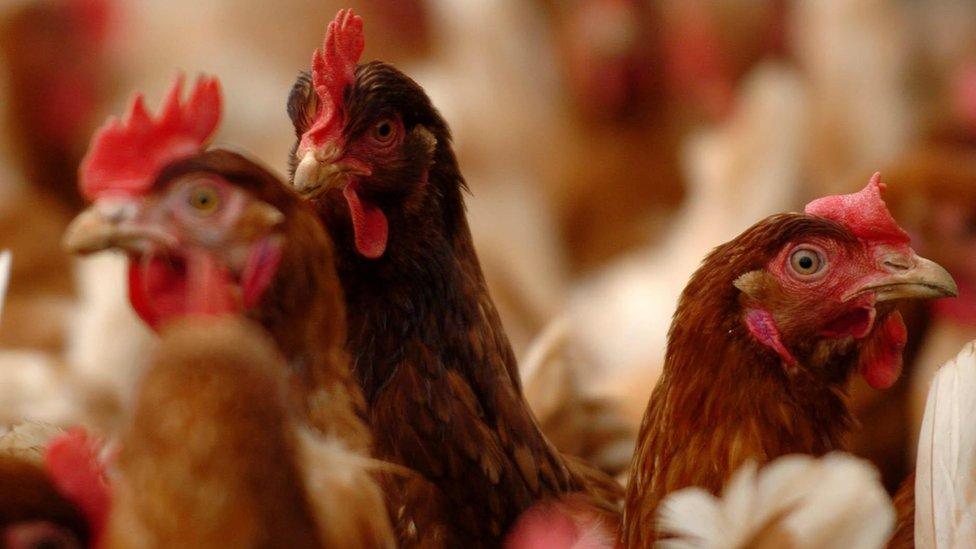
- Published4 February 2022
